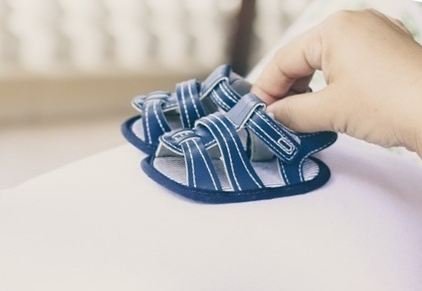Alright, let’s cut through the fluff. You’re here because someone, somewhere, told you that you need a breast biopsy. And now, naturally, you’re wondering if it’s going to hurt like a bad root canal. Good news: I’m here to give it to you straight, without sugar-coating it.
First, What Is a Breast Biopsy, Really?
A breast biopsy is when they take a piece of your breast tissue and look at it under a microscope. Sounds simple enough, right? They do this because something looked suspicious on your mammogram, ultrasound, or maybe even just by touch. The big question is, “Is it cancer or just a harmless little lump?” To find out, they’ve got to get in there and take a sample.
The Types of Biopsies and Their Pain Levels
Let’s go through the menu of biopsy options and rate them on the pain-o-meter.
- Fine-Needle Aspiration (FNA): Imagine a needle prick—just a little sting. This is the least invasive biopsy, like the diet soda of biopsies. The needle’s tiny, and they’re only taking a few cells. You might feel a pinch, maybe a bit of pressure, but nothing that’s going to make you jump off the table.
- Core Needle Biopsy: Now, we’re stepping it up. This isn’t your average shot in the arm. They use a thicker needle because they’re after more than just a few cells—they want a chunk of tissue. You’ll feel some pressure, maybe like someone’s pressing hard on a bruise. Uncomfortable? Sure. Painful? Depends on your pain threshold, but let’s just say it’s more annoying than excruciating.
- Stereotactic Biopsy: You get to lie face down on a table with your breast dangling through a hole. Sounds fun, right? They use mammography to guide the needle, which is a little thicker. Again, local anesthesia does its job, so you feel pressure, some pulling, but pain?
- Surgical Biopsy: This one’s the big leagues. They make a cut and take out a piece of your breast or even the whole lump. This isn’t done with just local anesthesia—you’re sedated or under general anesthesia. After you wake up, sure, there’s going to be soreness, and it might hurt like you’ve had a good workout, but nothing you can’t handle with some pain meds.
So, How Much Will It Hurt?
Here’s the deal: pain is relative. What’s a 2 on the pain scale for you might be a 7 for someone else. Most people say breast biopsies are more uncomfortable than painful. Think of it as the difference between getting a shot and getting blood drawn—unpleasant, but not something you’ll be telling your grandkids about.
The anesthesia does the heavy lifting, so you’ll feel pressure, maybe some weird sensations, but “pain” as in “oh my god, get me out of here”? Unlikely. If you’re really worried, tell your doctor. They can load you up with a bit more local anesthetic or even a mild sedative. Don’t be a hero—this isn’t the time to tough it out.
After the Biopsy: What’s Next?
Okay, biopsy’s done. Now what? You’ll probably be sore. Imagine a bruise that’s tender to the touch. Over-the-counter painkillers are usually all you need—acetaminophen, ibuprofen, whatever you prefer. Ice packs help too, but avoid heavy lifting or anything that makes your chest muscles work overtime. Give it a few days, and you’ll be back to normal.
And if you’re thinking, “What if it’s really bad after?”—don’t worry. Severe pain isn’t typical. If something feels off, call your doctor. They might need to check for complications, but that’s rare.
Let’s Get One Thing Straight
The real pain isn’t in the biopsy itself—it’s in the waiting. Waiting for the results can mess with your head. You’ll probably feel a mix of dread and impatience, but try not to spiral. The biopsy is a tool, a necessary step to get you answers and, ultimately, to keep you healthy.
Final Word
So, how painful is a breast biopsy? Not as bad as you’re imagining. Uncomfortable, sure. A little weird, definitely. But the pain? Manageable. In the grand scheme of things, it’s a small price to pay for your peace of mind.
Remember, knowledge is power. Understanding what’s going on with your body is crucial, and a biopsy is one of the best ways to get that understanding. So, go in informed, ask questions, and take care of yourself. You’ve got this.
About the Author
Reyus Mammadli is the author of this health blog since 2008. With a background in medical and biotechnical devices, he has over 15 years of experience working with medical literature and expert guidelines from WHO, CDC, Mayo Clinic, and others. His goal is to present clear, accurate health information for everyday readers — not as a substitute for medical advice.







